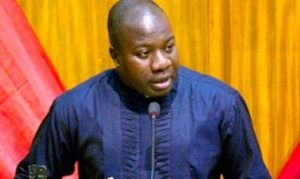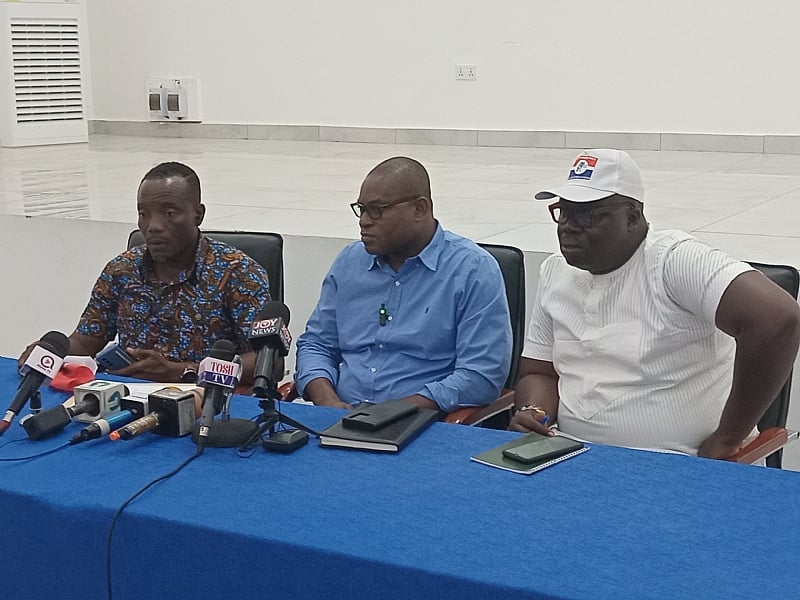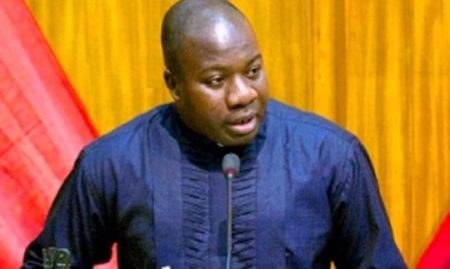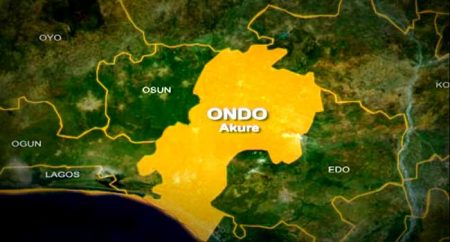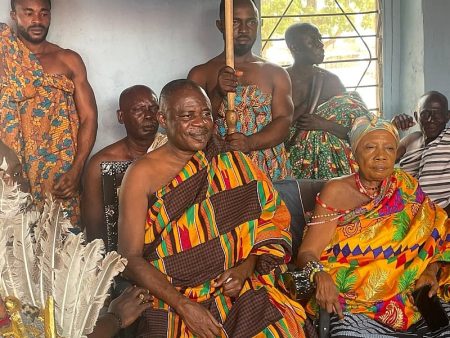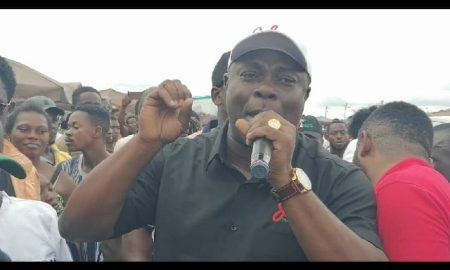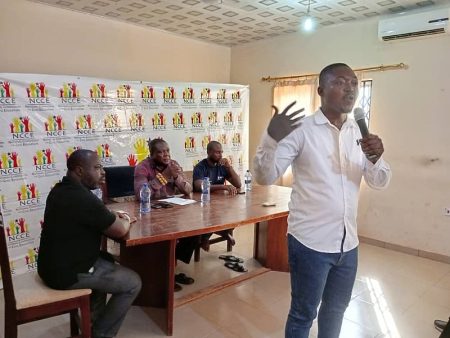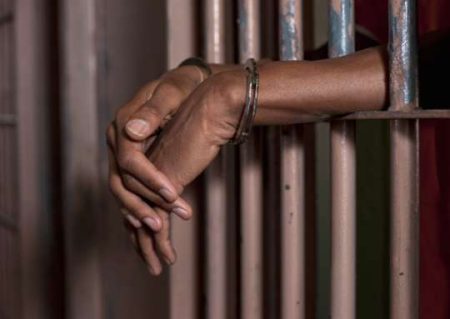The New Patriotic Party (NPP) recently defended itself against allegations made by the National Democratic Congress (NDC) concerning the mobilization of supporters during a campaign tour by their Presidential Candidate, Dr. Mahamudu Bawumia, in the Volta Region. The NDC accused the NPP of attempting to create the illusion of robust local support by busing in individuals from other constituencies, allegedly incentivized with food and money, to fill campaign venues. This allegation raised concerns over the authenticity of the crowd sizes reported during Bawumia’s tour. Mr. Mawutor Agbavitor, the NDC’s Regional Chairman, criticized the NPP for what he described as contrived gatherings, assertively stating that the praises from some local chiefs and religious leaders were not representative of the electorate’s true sentiments in the Volta Region.
In response to these accusations, the NPP’s National Director of Communications, Mr. Richard Ahiagbah, dismissed the claims, arguing that it is impractical to coordinate the transportation of supporters in such an operationally complex and dynamic environment during constituency events. He underscored that the NPP’s appeal within the NDC stronghold was genuinely rooted in their developmental initiatives, which have spanned various sectors across the region, rather than orchestrated crowd manipulation or bribery. Ahiagbah contended that the longstanding political dominance of the NDC in the Volta Region has stunted its growth and progress, suggesting that the key to overcoming this stagnation is to vote for the NPP in the upcoming December elections.
Ahiagbah highlighted the significant investments the NPP made in the Volta Region, an area traditionally seen as an NDC bastion, emphasizing that these efforts were made without any expectation of political allegiance in return. He pointed to notable accomplishments in education, including the implementation of the Free Senior High School (SHS) policy, improvements in health infrastructure, and advancements in the agricultural sector. He contrasted these achievements with what he characterized as the NDC’s sporadic engagements with the region primarily during election periods, making the case that the NPP’s development record deserves recognition.
Reflecting on past electoral trends, Ahiagbah claimed that development initiatives had previously earned the NPP the Hohoe parliamentary seat in the 2020 elections and indicated that there were competitive performances in several other constituencies. He expressed optimism about the potential for increased NPP representation in the Volta Region in the upcoming general elections. Ahiagbah also perceived a visible rise in support for Dr. Bawumia during his campaign, interpreting this as a significant shift in the political dynamics of the region, thus portraying the Volta Region as a potentially competitive electoral market moving forward.
The NPP’s communications also extended an invitation to media representatives to evaluate the party’s developmental accomplishments, urging for a comparison with the NDC’s record. Ahiagbah positioned the NPP’s vision for the region as centered around a proposed “electoral partnership” with the residents of Volta, delivered under a framework termed the “Bold Solutions” mantra. This approach seeks to unify local stakeholders behind the NPP’s agenda for accelerated development, aiming to portray the party as a viable alternative to the longstanding dominance of the NDC.
In contrast, the NDC maintained its stance through Agbavitor, who reiterated the credibility and commitment of former President John Mahama to the Volta Region. He emphasized Mahama’s proven track record of delivering tangible benefits to the region and asserted his ongoing commitment to transformative policies grounded in actionable and realistic plans rather than unfulfilled campaign promises. Both parties were keenly aware that the upcoming elections would be pivotal in determining the future political landscape of the Volta Region, each aiming to sway voter sentiment in favor of their respective candidates. This dynamic exemplifies the ongoing political contest between the two parties, each seeking to solidify their base of support while challenging the other’s credibility and influence in a historically significant electoral region.


